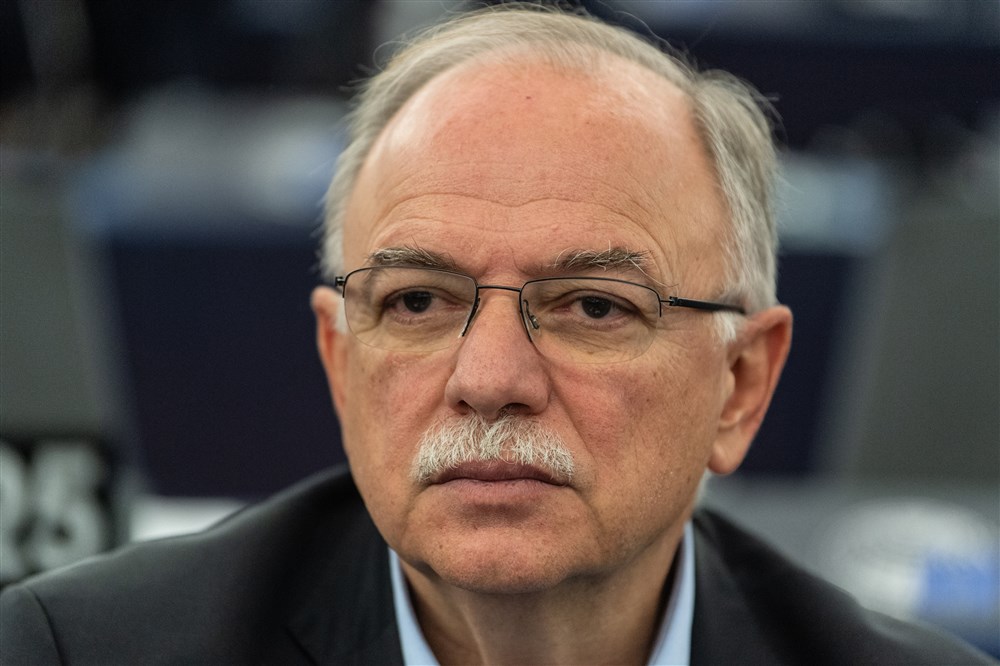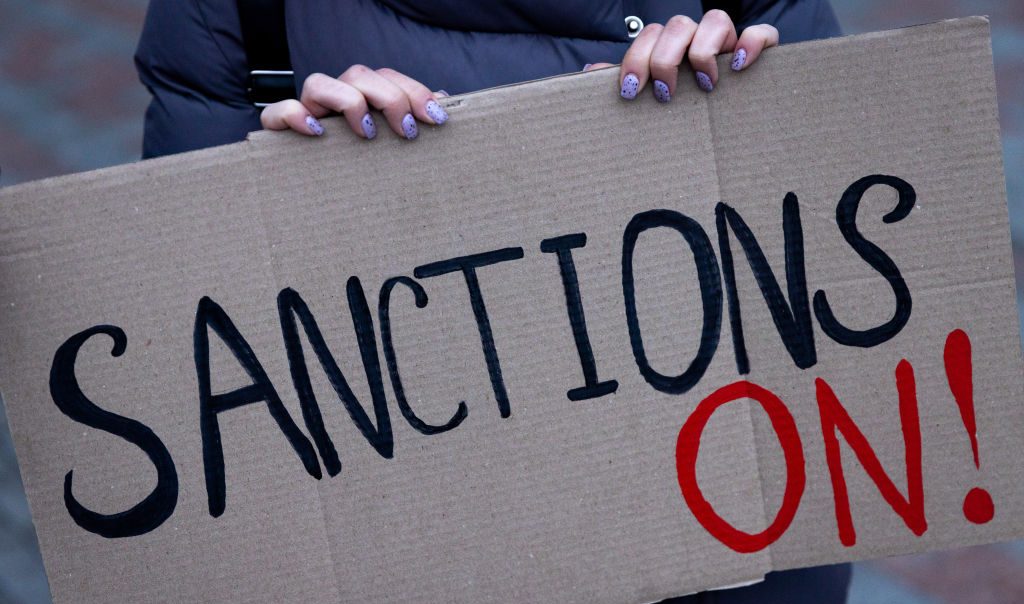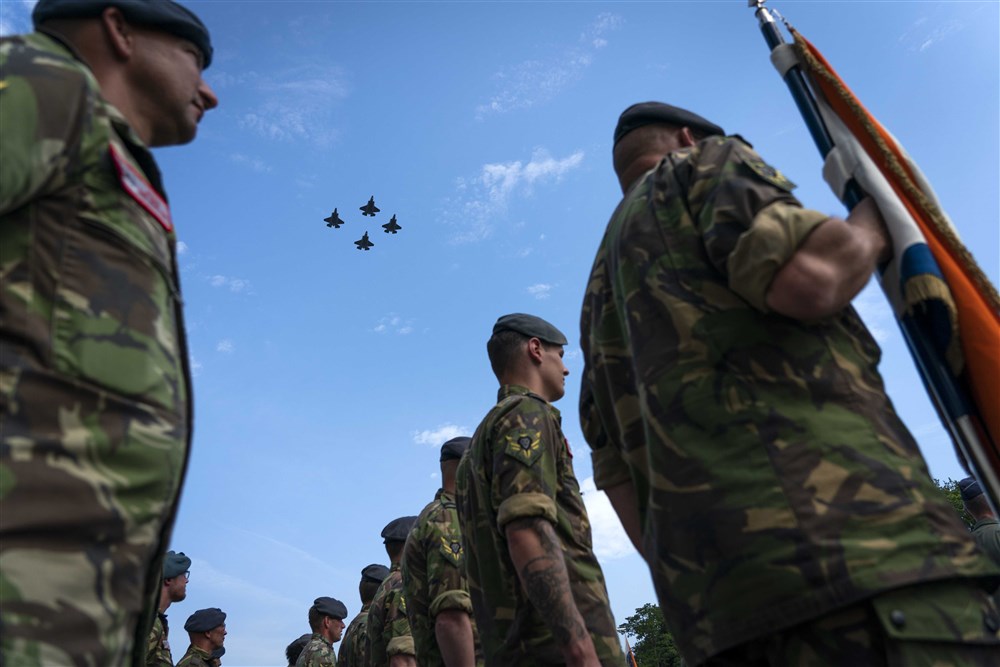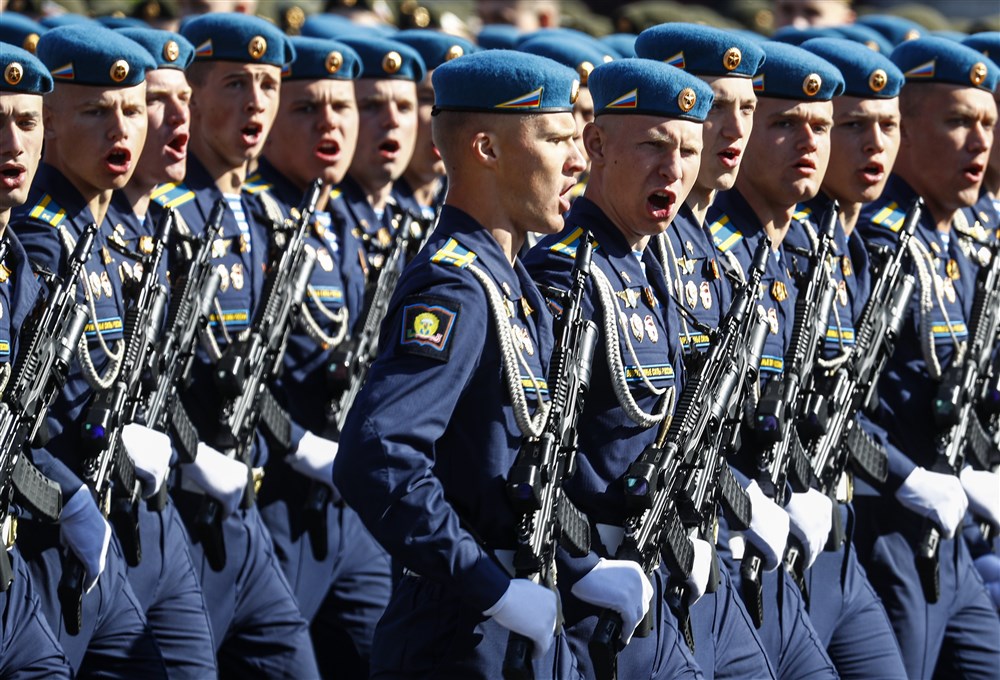EU Russia sanctions have been agreed unanimously among the bloc’s Member States amid widespread public support for Ukraine, though a year from the war’s outset a number of small cracks have appeared in the united front.
Leaders reiterated support for Kyiv at the Munich security conference over the weekend and pledged to increase military supplies. The EU is looking into joint ammunition purchases and has put together a joint military training programme.
But as they discussed their next moves, anti-war protestors gathered around Germany. Around 10,000 protested in Munich alone, according to Euronews.
In Austria, foreign minister Alexander Schallenberg has defended the government’s decision to let in EU-sanctioned Russian diplomats for an Organization for Security and Co-operation in Europe conference on the eve of the war’s first anniversary. The timing was “very unfortunate”, he said in an interview with Politico. Austria – where an anti-sanctions party is polling at almost 30 per cent – was obliged to let the Russians in “due to obligations under international law.”
Similar reasons have been cited by Switzerland for its unwillingness to re-use frozen Russian assets for Ukrainian reconstruction. The idea, promoted by the European Commission President last week, was quickly ruled out because such confiscation would “breach national and international law“.
Italy’s Silvio Berlusconi lashed out at Ukrainian leader Volodymyr Zelenskyy last week, saying his actions had led to “death and devastation” in his country. This triggered indignation in the European Parliament, including the centre-right European People’s Party party to which Berlusconi belongs. EPP leader Manfred Weber distanced himself from the comments and cancelled an EPP meeting in Italy. This in turn sparked indignation among Berlusconi-supporting MEPs in the EPP, as Euractiv reports.
Some EU countries, such as Poland and the Baltic states, want the EU to go further than the tenth round of sanctions (which are set to be approved this week). The Dutch Government has expelled Russian diplomats.
Others, such as Bulgaria, have hardly implemented existing EU sanctions. Hungarian Prime Minister Viktor Orbán said his government intended to maintain economic relations with Russia.
Certain leaders have given out what one website called “mixed messages”. French President Emmanuel Macron told the Munich conference that Kyiv’s Western allies were “ready for a prolonged conflict” with Russia though this came just after he seemed to suggest that dialogue was possible.
With Europe now facing its second year of war, China could be about to pitch a peace plan. The text will probably been read with interest in the US, where the administration is concerned that China could also be planning to send weapons to Russia.





